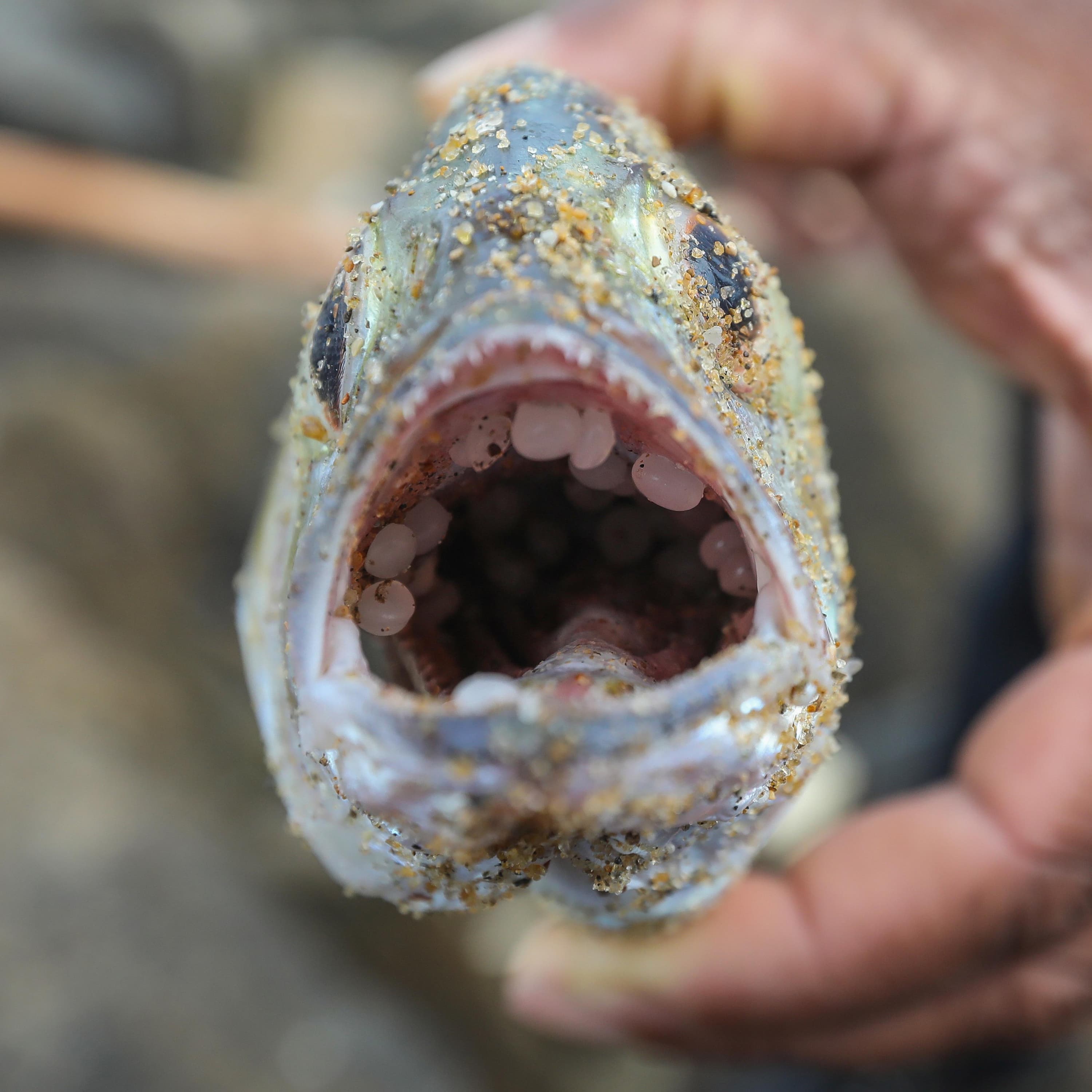
Why do humans struggle to think of ourselves as animals?
Loading player...
The pandemic has demonstrated why humans are ultimately an impressive species. From monitoring the genetic evolution of Sars-CoV-2 to devising vaccines in record time, we have put our minds together to reduce the impact of Covid-19. Yet, the global spread of a new disease is a reminder that we are not invincible, and remain at the mercy of our biology and the natural world. Speaking to author Melanie Challenger about her new book How to Be Animal, Madeleine Finlay asks how we can come to terms with ourselves as animals and why it might do humanity some good. Help support our independent journalism at theguardian.com/sciencepod




